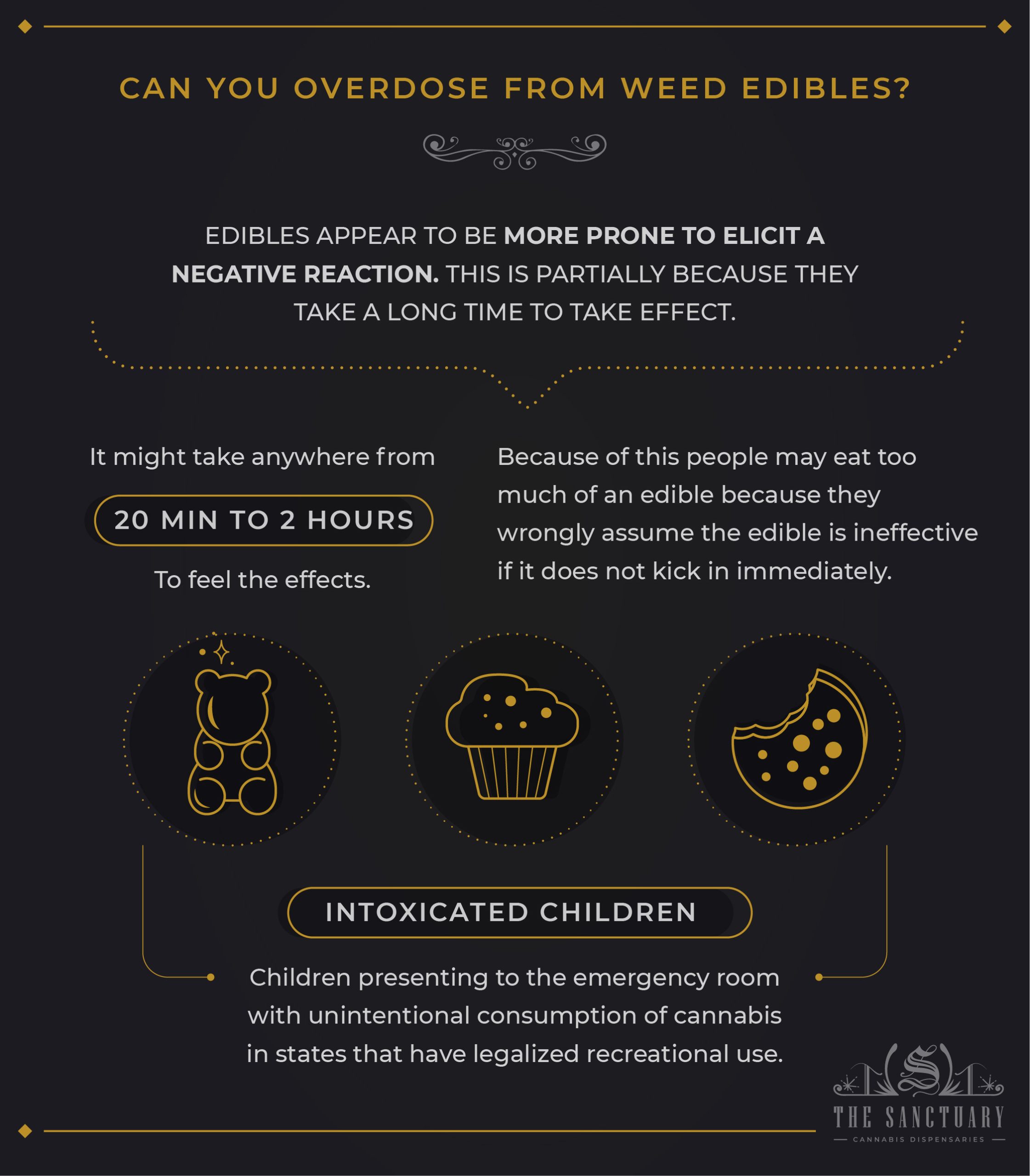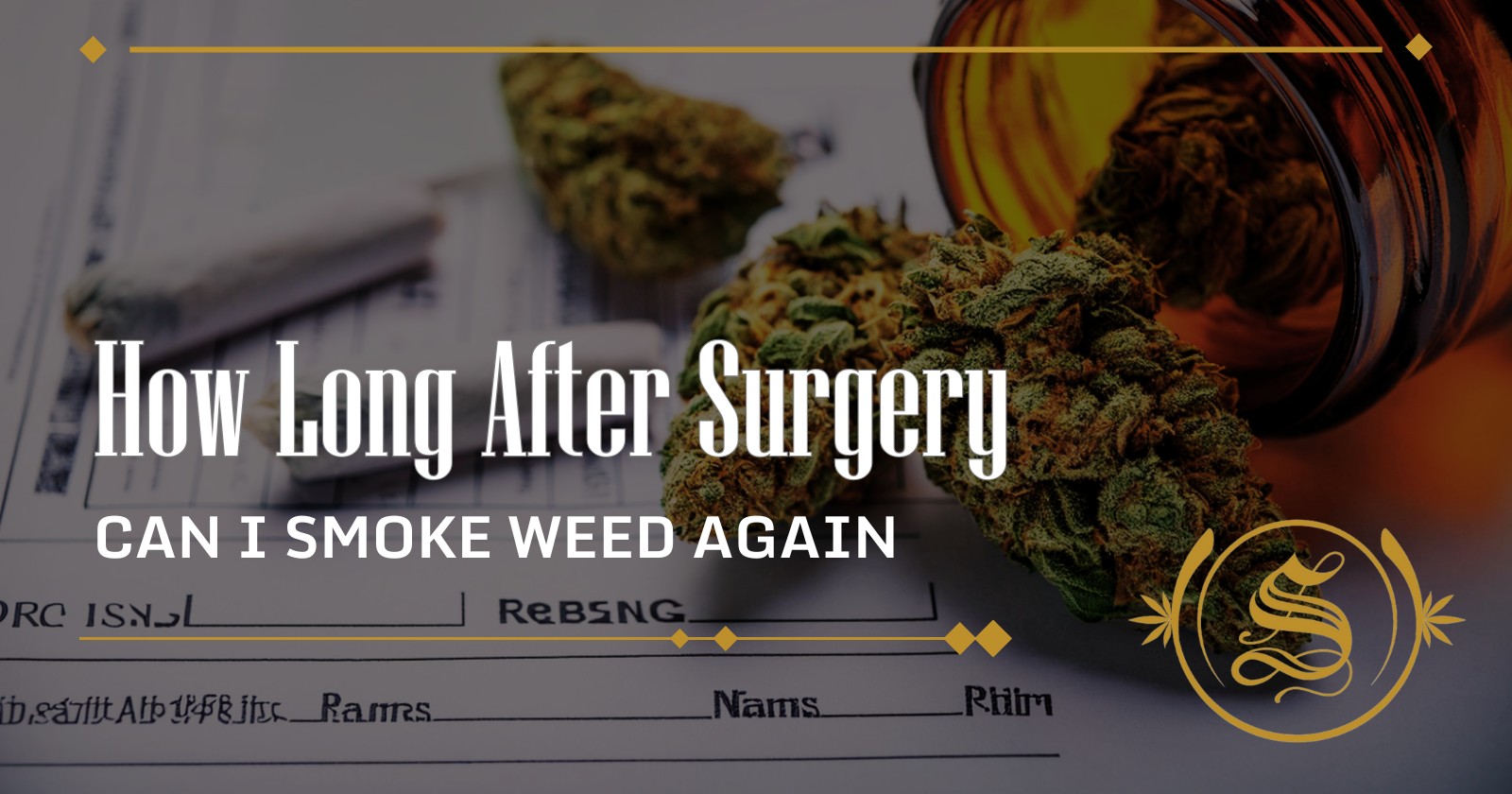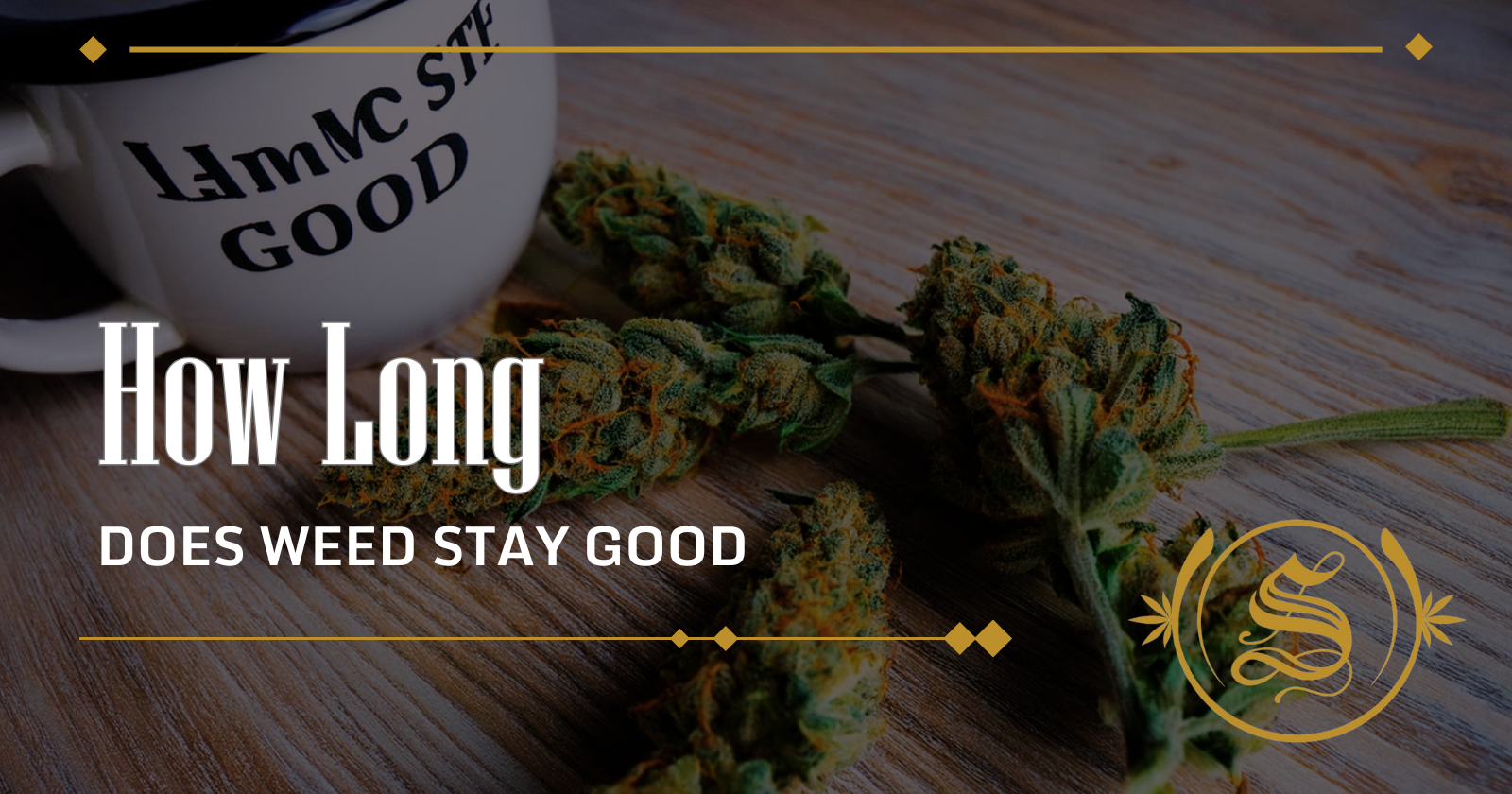Iftikhar Alam
Author
Reviewed by Cannabis Experts
Published on: December 3, 2021 | Updated on: September 10, 2024
While cannabis can have severe health implications, most medical professionals believe that it is unlikely to cause death. Weed’s psychoactive effects might be alarming, but they are not always hazardous.
Smoking cannabis, however, can impair judgment and motor abilities, thus doing so before driving or engaging in other potentially hazardous activities may raise the chance of an accident.
Most specialists, on the other hand, believe that the danger of dying from weed is quite low.
This is not to say that weed is completely risk-free.
While many people focus on the therapeutic components in weed, such as cannabidiol (CBD), there are some potentially negative side effects of cannabis, especially when used long-term or by children.
How much is too much?
Because everyone is different, there is not a simple answer here. Some people appear to tolerate cannabis well, while others appear to have a negative reaction to it. The strength of cannabis products also varies significantly.
People who do not use cannabis regularly may have a negative reaction to cannabis products containing high quantities of tetrahydrocannabinol (THC), the chemical that makes you feel “high” or impaired.
Health risks of smoking cannabis
A person is unlikely to die from a weed overdose, according to the Centers for Disease Control and Prevention (CDC), although this does not rule out the possibility.
Colorado was one of the first states to legalize marijuana for recreational use in 2014. Since then, the frequency of emergency room visits due to weed usage has increased dramatically.
However, these numbers may be inaccurate. Due to the past restrictions of cannabis, people experiencing unpleasant effects as a result of using weed may have skipped the trip to the emergency room to protect themselves from legal trouble. Some of the most prevalent conditions linked to weed usage have also grown in Colorado since legalization, according to new research published in Missouri Medicine. These are some of them:
- Cannabis-induced psychosis (CIP)
- Cannabinoid hyperemesis syndrome (CHS)
- Heart conditions
Cannabis-induced psychosis (CIP)
Psychosis is defined by a distorted perception of reality. It is a sign of a significant mental illness. People suffering from psychosis may have hallucinations or delusions. Sensory experiences that occur in the absence of real stimuli are known as hallucinations.
When a person is experiencing auditory hallucinations, they may hear a person shouting at them even when nobody is around. A person experiencing a visual hallucination may see something that is not truly there, such as a person in front of them.
In addition, a person suffering from psychosis may have ideas that are contradictory to the evidence. Delusions are the term for these kinds of ideas. Psychosis can lead to a lack of motivation and social isolation in certain people.
Several lines of evidence point to a link between cannabis use and many mental disorders, including cannabis-induced psychosis (CIP). While it might be difficult to tell the difference between CIP and other psychoses, it does have certain distinct traits that can help with diagnosis.
With the growing drive for cannabis legalization, it is more important than ever to diagnose CIP and use prompt therapies.
CHS
Long-term weed usage can cause cannabinoid hyperemesis syndrome (CHS). Vomiting and nausea occur frequently and are severe. CHS was initially identified in 2004 by medical professionals.
Doctors treating frequent weed users for nausea and vomiting in South Australia were the first to report it. Cannabis usage is common in people with CHS. They also have vomiting spells that last for weeks or months.
Symptoms of nausea and vomiting generally disappear when patients with CHS stop ingesting cannabis. If they resume usage, nausea and vomiting are likely to reoccur. Treatment recommendations for CHS management are currently unavailable to clinicians. Published case reports provide the vast majority of evidence for effective therapy and management.
Many doctors may find it difficult to identify and treat CHS because it is a relatively new illness. Although researchers have attempted to understand what causes CHS, further research is required.
Heart conditions
According to an American Heart Association research, cannabis may have therapeutic qualities, but it may also be damaging to the heart and blood vessels. As cannabis usage has grown over the last decade, the American Heart Association published a statement in the journal Circulation that looked at various research on the subject.
Cannabis-derived chemicals have been associated with an increased risk of heart attack, heart failure, and atrial fibrillation. However, those studies were observational and did not establish that other substances could be to blame for the higher risk.
According to one research referenced in the AHA statement, 6 percent of heart attack victims under the age of 50 smoked cannabis. It was associated with a higher risk of death from all causes and cardiovascular disease.
Experts point to a scarcity of reliable evidence when it comes to defining the risks and advantages of cannabis on the cardiovascular system. According to the AHA report, prior research may only represent the effects of lower amounts of THC in humans due to growing THC concentrations in cannabis.
Can you overdose from weed edibles?

Edibles appear to be more prone to elicit a negative reaction. This is partially because they take a long time to take effect. It might take anywhere from 20 minutes to 2 hours after consuming an edible to feel the effects.
Meanwhile, many individuals may eat too much of an edible because they wrongly assume the edible is ineffective if it does not kick in immediately.
In states that have legalized weed for recreational use, children presenting to the emergency room with unintentional consumption of cannabis is becoming more prevalent. With weed being more commonplace, it is a lot simpler to just leave your edibles out on the table for the kids to get into.
Can you overdose from synthetic and laced weed?
While natural cannabis may not be toxic enough to induce an overdose, newer synthetic versions of THC, such as Spice or K2, that have been accessible on the black market for years are a different matter.
These drugs have significant side effects and can be quite toxic since they lack the balanced components found in cannabis. Many of these synthetic weed products are complete agonists, as opposed to partial agonists like biological THC.
Another issue arises when weed is mixed with other drugs, such as psychedelics, fentanyl, opioids, or designer medications. Other medications can potentially disrupt the equilibrium between THC and CBD, enabling harmful components in cannabis that are typically restricted to cause greater harm.
As a result, mixing weed with narcotics like opiates or cocaine might result in a poisonous concoction that is more than the sum of its parts.
Sources
Footnotes
- Roberts BA. Legalized Cannabis in Colorado Emergency Departments: A Cautionary Review of Negative Health and Safety Effects. The western journal of emergency medicine. 2019 Jul;20(4):557-572.
- Randall K, Hayward K. Emergent Medical Illnesses Related to Cannabis Use. Mo Med. 2019;116(3):226-228.
- Shah D, Chand P, Bandawar M, Benegal V, Murthy P. Cannabis induced psychosis and subsequent psychiatric disorders. Asian journal of psychiatry. 2017;30:180-184.
- Allen JH, de Moore GD, Heddle R, Twartz J. Cannabinoid hyperemesis: cyclical hyperemesis in association with chronic cannabis abuse. Gut. 2004;53(11):1566-70.
- Sorensen CJ, DeSanto K, Borgelt L, Phillips KT, Monte AA. Cannabinoid Hyperemesis Syndrome: Diagnosis, Pathophysiology, and Treatment-a Systematic Review. Journal of medical toxicology. 2017;13(1):71-87.
- Page RL, Allen LA, Kloner RA, Carriker CR, Martel C, Morris AA, Piano MR, Rana JS, Saucedo JF. Medical marijuana, recreational cannabis, and cardiovascular health: a scientific statement from the American Heart Association. Circulation. 2020;142(10):e131-52.
- Richards JR, Smith NE, Moulin AK. Unintentional Cannabis Ingestion in Children: A Systematic Review. The Journal of pediatrics. 2017;190:142-152.
- Tai S, Fantegrossi WE. Synthetic Cannabinoids: Pharmacology, Behavioral Effects, and Abuse Potential. Current Addiction Reports. 2014;1(2):129-136.
References
- Can You Overdose on Weed?. Compassion Behavioral Health. Accessed 4/10/2024.
- Can You Overdose on Weed? Yes, But It’s More Likely With Edibles. GoodRx Health. Accessed 4/10/2024.
- You Might Not Overdose on Cannabis, But You Can Still Overdo It. Healthline. Accessed 4/10/2024.
The content provided on this blog is for informational purposes only and does not constitute medical, legal, or professional advice. Cannabis use is subject to local laws and regulations, which vary widely by jurisdiction. Always consult with a healthcare professional before starting any new treatment or altering an existing treatment regimen. The authors and publishers of this blog are not responsible for any actions taken based on the information provided herein. Use cannabis responsibly and in accordance with applicable laws. This blog is intended for adults aged 21 and over. The Sanctuary Dispensaries D186, D187.








